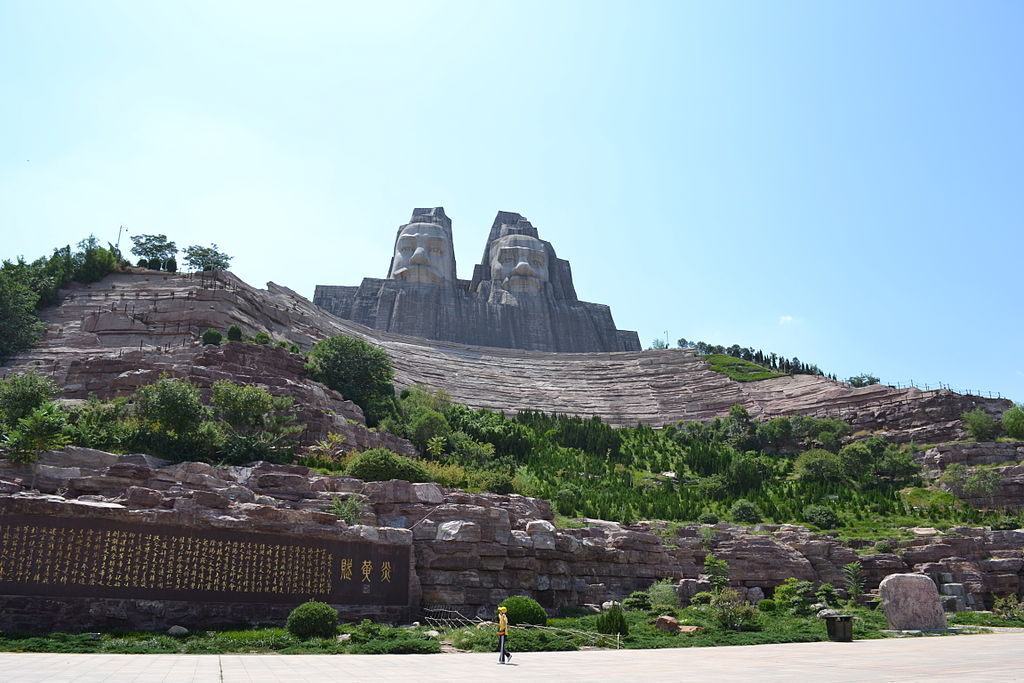From The Analects, 17.17.
In the Analects 17.17 (the numbering varies), we have a very interesting “saying” of Confucius with a meaning that is pretty easily gleaned from a literal translation of the characters. At least that’s how it seems to me. Presumably someone with a deeper understanding of Classical Chinese (and that certainly wouldn’t take much) would be able to better understand the nuances of meaning, but the gist certainly seems clear enough.
子曰。予欲無言
子貢曰。子如不言、則小子何述焉
子曰。天何言哉。四時行焉、百物生焉。天何言哉。
The Master said, “I would prefer not to speak.”
Zi Gong said, “Master, if you did not speak, what would your disciples have to pass on?”
The Master said, “Does Heaven speak? And yet the four season continue to change, and all things are born. Does Heaven speak?”
子曰 (zǐ-yuē) The Master said
予 (yǔ) give
欲 (yù) desire
無 (wú) no
言 (yán) speak
子貢曰 Zǐ-gòng said
子 (zǐ) Master
如 (rú) if
不 (bù) not
言 (yán) speak
則 (zé) conjunction used to express contrast with previous clause
小子 (xiǎ-ozi) disciple (literally: little child)
何 (hé) emphatic particle
述 (shù) transmit/impart
焉 (yān) how
天 (tiān) Heaven
何 (hé) what?
言 (yán) speak
哉 (zāi) sentence final particle indicating exclamation and/or intention
四 (sì) four
時 (shí) season
行 (xíng) move
焉 (yān) how
百 (bǎi) all
物 (wù) thing
生 (shēng) born
焉 (yān) how

Image attribution: 夏至远行, CC BY-SA 4.0 <https://creativecommons.org/licenses/by-sa/4.0>, via Wikimedia Commons
Image found here.
